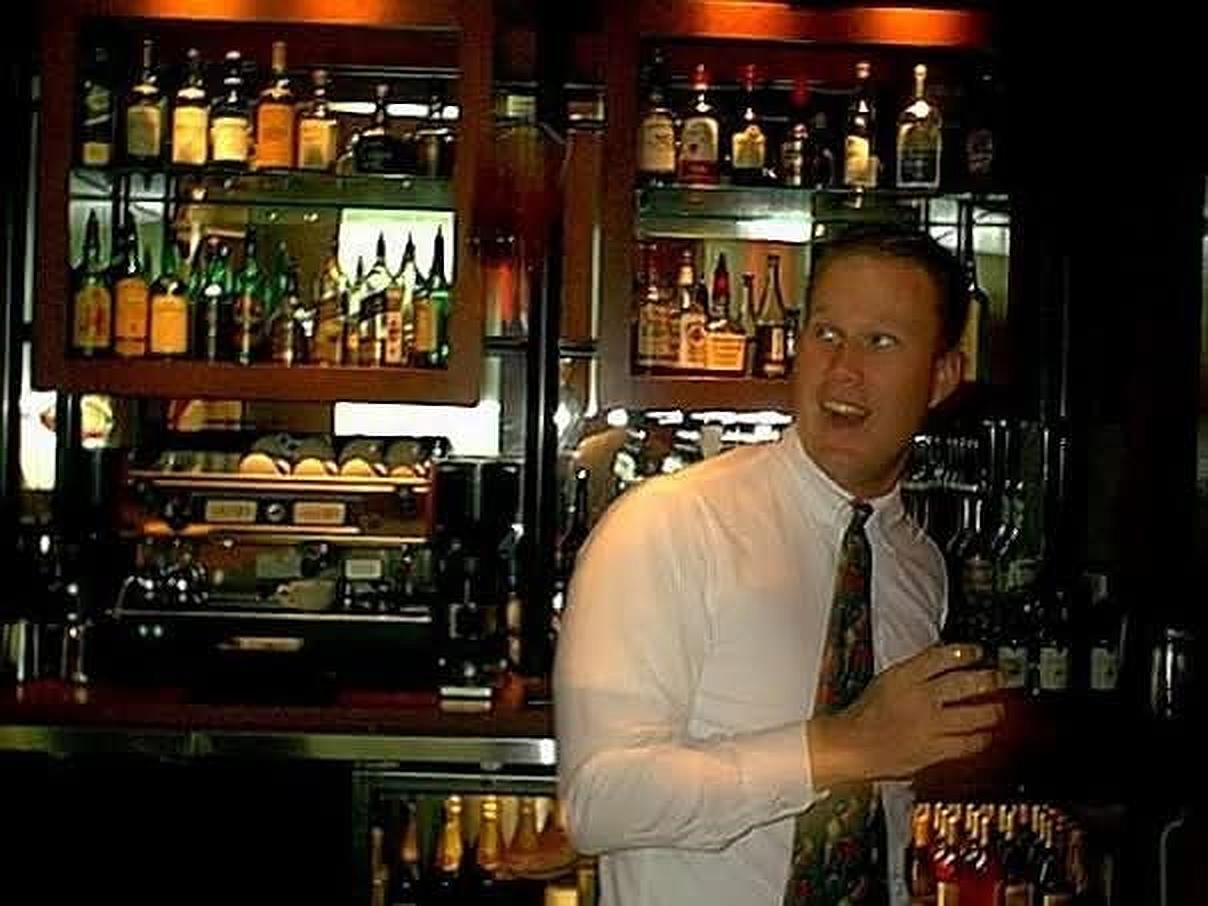When you think of a government agency, a local bar might not be the first comparison that comes to mind. But if you've ever spent time at a bar where the bartender has been working for decades, you'll notice something striking—stagnation. The drinks might be the same, the conversations predictable, and innovation nonexistent. And in many ways, that's exactly what happens in government organizations.

The Danger of Staying in One Place Too Long
In a bar, a bartender who's been there forever might be great at pouring your usual drink, but they're unlikely to be experimenting with new cocktails, keeping up with trends, or even offering better service than they did a decade ago. The same faces, the same routines, and the same mindset create an environment where change isn't necessary, and therefore, it doesn't happen.
Government agencies operate much the same way. Many employees spend their entire careers in the same roles, performing the same tasks, and following the same bureaucratic playbook. Over time, critical thinking fades because there's little incentive to challenge the system or find better ways of doing things. Just like that bartender who never learns to mix a modern cocktail, government employees often don't adopt new skills or approaches because the system doesn't demand it.
Why Change Matters
In business, stagnation is deadly. Companies that fail to innovate get left behind. But in government, there's no competition to push employees toward improvement. The job is secure, promotions are often based on tenure rather than performance, and the culture resists change. The result? Outdated policies, inefficient systems, and a workforce that doesn't think critically beyond the immediate task at hand.
Imagine if bars operated like government offices—your drink order would take weeks to process, you'd have to fill out forms to get a simple cocktail, and if you complained, you'd be directed to a manager who's been there for 30 years and has no interest in changing things. Sounds frustrating, right? Yet, that's often what dealing with government agencies feels like.
The Need for Fresh Perspectives
Just as bars benefit from hiring new bartenders who bring fresh energy, creativity, and modern techniques, government organizations need to embrace change. This means encouraging employees to learn new skills, rewarding innovation, and creating an environment where challenging the status quo is seen as an asset, not a threat.
Bringing in people with different perspectives, rotating roles, and fostering a culture of continuous learning could help break the cycle of stagnation. Imagine a government agency that operated with the efficiency and adaptability of a well—run business where employees were motivated to improve, systems evolved to meet modern demands, and citizens received faster, smarter service.
Conclusion
Bars and government agencies share a common problem: when people stay in the same roles for too long without being challenged to grow, the environment becomes stale. Whether it's a bartender who never updates the menu or a bureaucrat who never questions outdated policies, stagnation leads to inefficiency and frustration. If we want better government agencies (or even better bars), we need to embrace change, encourage critical thinking, and value fresh ideas over mere longevity..
Let Me Know What You Think
I am Robert Pillow and I started 2 Squares Solutions 17 years ago, the picture in the article is me slinging drinks back in 1999. Here is my cell and email 407-340-6100 or email us at rob@2sqsol.com, please feel free to share this article and let anyone anywhere contact me. I am all about learning different ways to see things and even if you don't like what I have to say, I will never let that interefer in personal or professional relationships.


